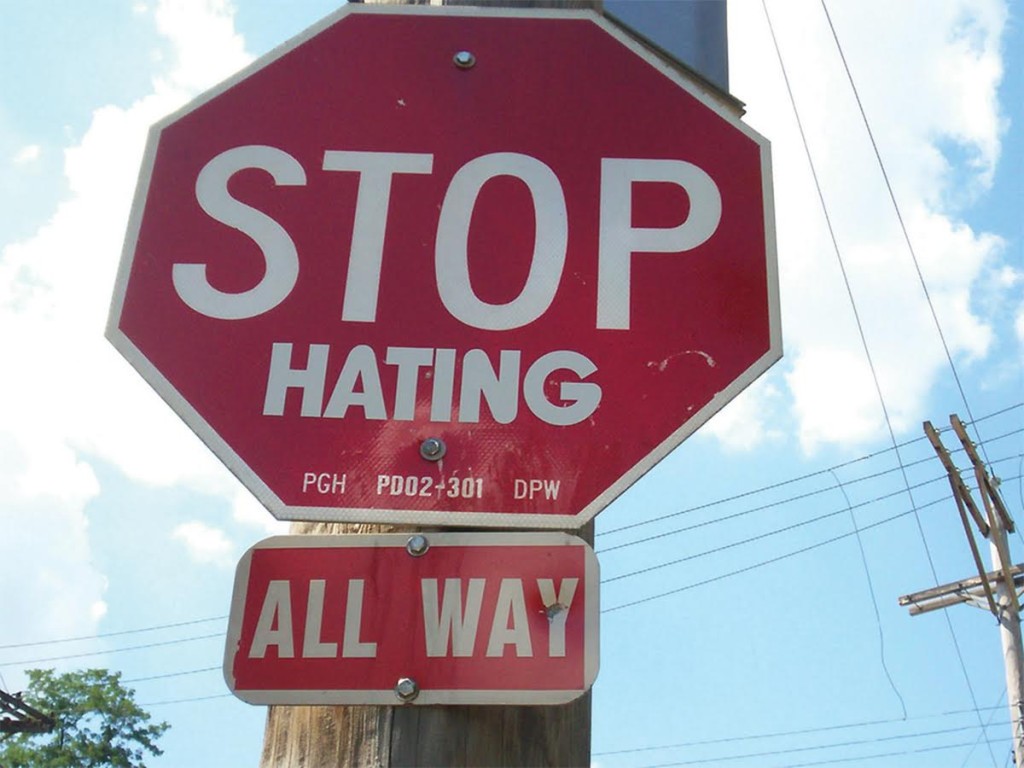
On Thursday, Jan. 5, four black teens savagely beat and held hostage a disabled, white man in Chicago for at least 24 hours and as long as 48 hours. Those four suspects were eventually charged with a hate crime and aggravated battery.
This is not an isolated incident. Shortly after the presidential election in November 2016, a report published by the Southern Poverty Law Center (SPLC) surveying K-12 school teachers showed 20 percent of the respondents had heard anti-white slurs and derogatory language directed toward white students. In October 2016, a flash mob of nearly 150 black assailants attacked a group of white students in Philadelphia with race as a possible motive.
These examples beg the question of whether hate crimes can happen to white people. Some may brush off the question of whether a minority group can target a majority group. Nevertheless, the answer is yes, they can. White people can be victimized by hate crimes just as much as anyone else; this poses a significant issue in the U.S. since a large majority believe that hate crimes are purely acts that target a minority group.
According to 2015 FBI hate crime statistics, there were 613 hate crime incidents targeting whites out of 5,850 total cases, which is roughly 10.5 percent of all reported hate crimes. As a comparison, hate crimes against black people reached as high as 1,745 which is nearly 30 percent of all reported hate crimes. Nonetheless, the number of hate crimes toward black people has declined nearly 60 percent in the last decade while rising among Muslims, Jews and LGBTQ people. Unfortunately, these statistics can be misleading since the number of agencies reporting hate crimes has decreased drastically over the past few years.
Nonetheless, some consider anti-white hate crimes to not be hate crimes at all, even though a hate crime is directly defined by the FBI as a “criminal offense against a person or property motivated in whole or in part by an offender’s bias against a race, religion, disability, sexual orientation, ethnicity, gender, or gender identity.” There is nothing in that definition that says a hate crime is only a crime against an ethnic or racial minority. Hate crimes are not only perpetrated by whites who voted for Donald Trump; they can be perpetrated by anyone, regardless of race or ethnicity.
In the United States, according to the FBI, 48 percent of known offenders of hate crimes against most groups described in the FBI definition were white and 24 percent were black. So yes, hate crimes are disproportionately committed against racial and ethnic minorities. This is not to discredit real or perceived problems. But we need to stop living by the lie that hate crimes are only targeted to one group and other groups cannot be victimized at all. We, as a society, need to bear in mind that saying one group is immune to a hate crime simply because of their skin color is absurd and does not help to create a step forward. Hiding the true detriment of hate crimes for every community does not help anything except lead to greater stagnation in bridging the racial division and polarization present in the United States.








